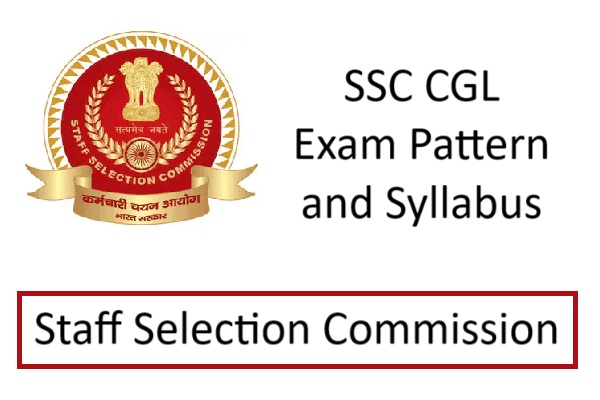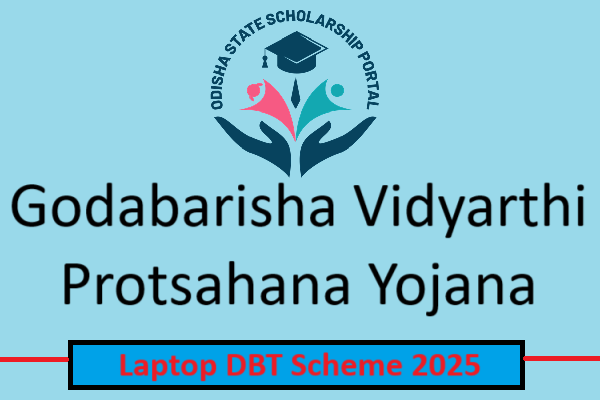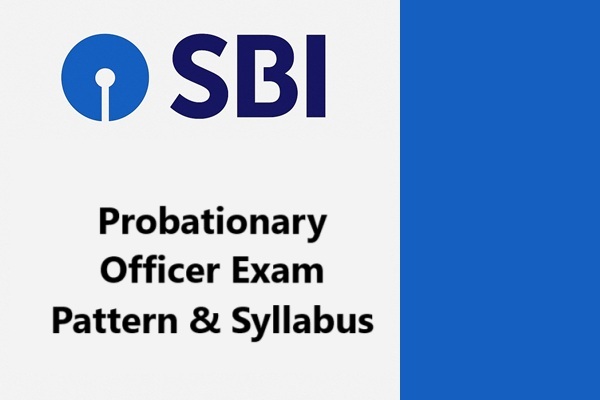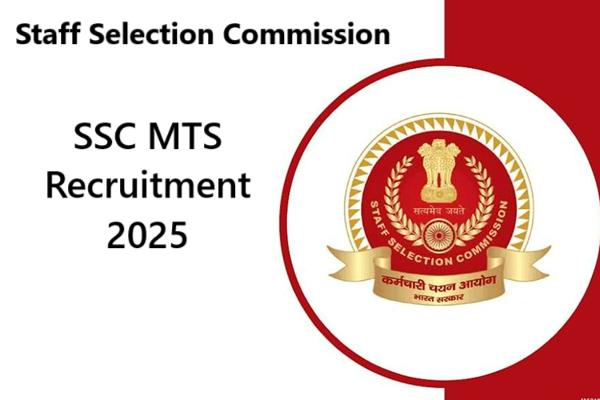SSC CGL Exam Pattern and Syllabus

Get details on the SSC CGL Exam Pattern (both Preliminary & Main exam) and syllabus for the upcoming Combined Graduate Level recruitment.
The Staff Selection Commission (SSC) Combined Graduate Level notification 2025 has been released for 14,582 different Group – B and Group – C vacancies. Below are the complete details you need to know about the SSC CGL Exam Pattern and syllabus for both the Preliminary and Main exams.
SSC CGL Exam Pattern
Tier 1 – Preliminary (Qualifying)
- Format: Computer-based, 100 MCQs (200 marks), 60 minutes
- Sections (25 Qs each, 2 marks per question):
- General Intelligence & Reasoning
- Quantitative Aptitude
- English Comprehension
- General Awareness
- Negative marking: –0.50 marks per wrong answer
- Tier 1 scores determine eligibility for Tier 2; not counted in final merit
Tier 2 – Main (Scoring)
- Paper I (Compulsory ‑ 400 marks)
- Section I: Mathematical Abilities (30 Q, 90 marks), Reasoning & Intelligence (30 Q, 90 marks)
- Section II: English Language (45 Q, 135 marks), General Awareness (25 Q, 75 marks)
- Section III: Computer Knowledge (20 Q, 60 marks – qualifying), Data Entry Speed Test (qualifying)
- Time – Sections I & II: 1 hour each; Section III: 15 minutes each
- Paper II (Statistics) – For JSO/Statistical Investigator posts: 100 Qs, 200 marks, 2 hours
- Negative marking: –1 (Paper I), –0.50 (Paper II)
📚 SSC CGL Syllabus Snapshot
- Quantitative Aptitude: Arithmetic, algebra, geometry, trigonometry, mensuration, DI, number systems (Class 10–12 level)
- Reasoning & Intelligence: Verbal/non-verbal reasoning, coding-decoding, puzzles, syllogisms, statements & conclusions
- English Comprehension: Reading comprehension, error spotting, grammar, fill-in-the-blanks, synonyms/antonyms
- General Awareness: History, geography, polity, economy, science & tech, current affairs, awards, books/authors
- Computer Knowledge (Tier 2): Basics of computers, MS Office, internet, networking, cybersecurity




